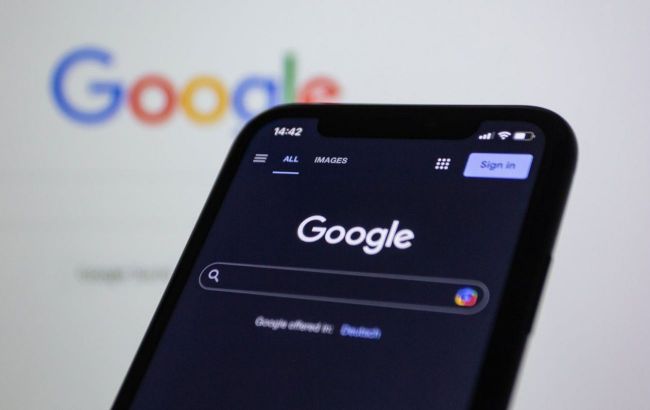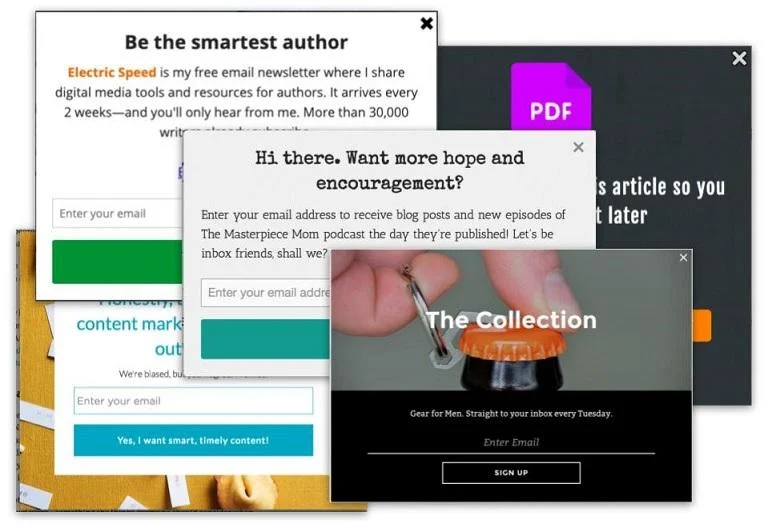Google Chrome testing feature that will end pop-up ads
 Google Chrome will surprise with a new approach to blocking pop-ups (photo: Pexels)
Google Chrome will surprise with a new approach to blocking pop-ups (photo: Pexels)
The Google Chrome browser is testing a new feature called PermissionsAI, which is designed to make annoying pop-ups that request access to your location or permission to send messages much less noticeable, reports TechRadar.
How the new feature will work
The tool uses Google's Permission Prediction Service and Gemini Nano v2 to predict whether a user will grant access to a requested website. If the answer is most likely "no," the feature places the request in a less intrusive interface instead of bringing it to the forefront, as it does now.
The idea is for Chrome to use AI to make your web browsing experience more enjoyable by quietly handling small annoyances that can accumulate on the Internet. PermissionsAI analyzes your previous interactions with similar requests to predict your response.
If you're the type of person who automatically dismisses every pop-up message, PermissionsAI won't even bother you with a loud, intrusive request. Instead, it will quietly record the request in an unobtrusive interface where you can review it later.
PermissionsAI is currently being tested in Chrome Canary, an experimental version of the browser, and is not yet available to the general public. It works well with the Safe Browsing security tool, which protects users from malicious websites and downloads, meaning that a false assumption won't harm your computer.

A typical example of a pop-up ad (photo: WordStream)
AI in the browser
This is the next step in Google's efforts to implement AI in Chrome. Gemini is now a part of many browser functions, helping to organize open tabs, offering product comparisons, and assisting with text composition. PermissionsAI, however, is less visible than the other features and may prove to be one of the most valuable improvements simply because it eliminates a common annoyance.
While the concept is simple, the details of how PermissionsAI works remain unclear. Google does not disclose how exactly its AI calculates the probability that you will click "Allow" or "Deny," but it is safe to assume that the system relies heavily on machine learning.
By learning patterns in user behavior, Chrome can reduce interruptions and make life easier for web developers who hear complaints that their pop-ups annoy people.
One wonders if PermissionsAI and other Gemini-based features can strike the right balance between usefulness and intrusiveness. While everyone likes the reduction in pop-ups, AI-powered predictions are not flawless.
What happens if PermissionsAI incorrectly predicts that you don't want to approve a request and you miss an important pop-up window entirely? However, if PermissionsAI can reliably filter out unnecessary requests while giving users control over important decisions, it could become one of the most popular Chrome features.

